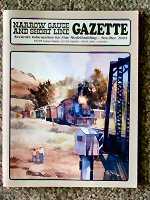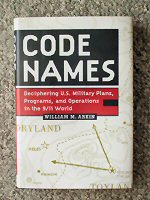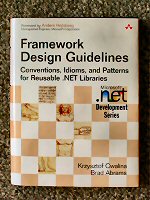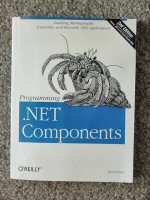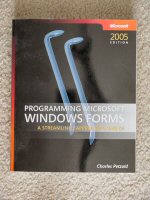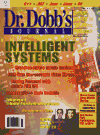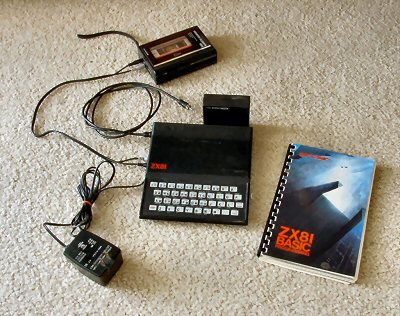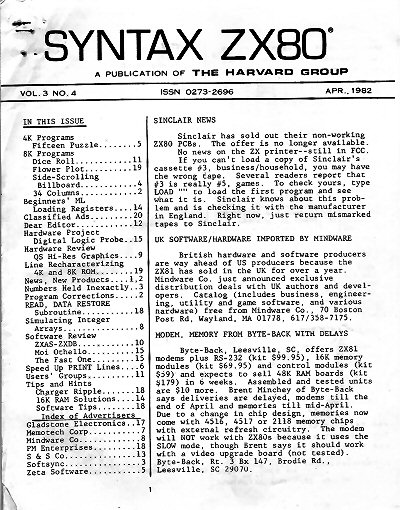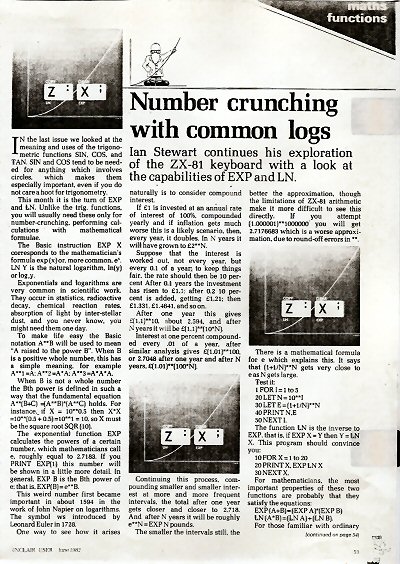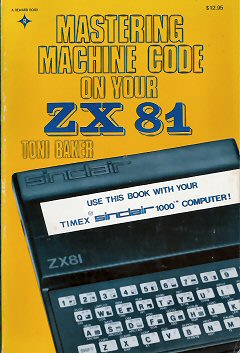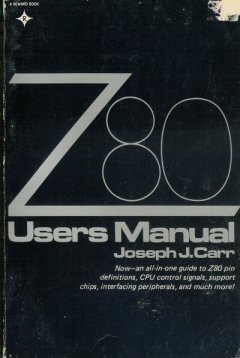What I’m reading
Posted in On the coffee table on February 14th, 2006Kathy Sierra talks about what’s on her coffee table.
For me, it’s more like: what’s piled next to my bed.
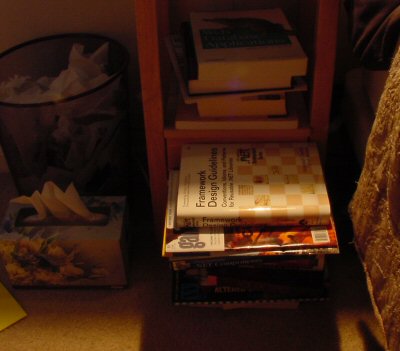
I collect a big stack until it becomes structurally unstable (i.e. I trip over it getting up in the morning) and then put away books that I’m not actually reading. Books here have a half life of about one month — after three months there’s really 100% turnover.
PC Gamer is great for keeping up with not games but HARDWARE. There are game reviews in it too.
The Narrow Gauge and Short Line Gazette is a model train magazine.
Game Developer – please just take me outside and shoot me if magazines like Game Developer become something I like. I got a free subscription and I’m still paying too much.
Model Railroader – see Narrow Gauge and Short Line Gazette above.
WIRED magazine – I don’t know why I bother with it anymore. Maybe because $12/year feels like nothing? Usually the magazine does too. Ok, that’s too harsh. WIRED would not seem bad if you had never seen the first few years of it when it really felt new and felt part of the whole Internet THING.
Altered Carbon – a collegue who left the company I’m working with left this for me. GREAT book. Thanks Rob!
Ace of Spies – we saw the mini-series about this guy on A&E DVD recently and during the first 25 years of the 1900′s this guy was EVERYWHERE important. Often referred to as the prototype for James Bond although in real life Sidney Reilly looked like a skinny Peter Lorre.
Code Names – a run down on everything known about current US military and intelligence operational code names and what we are doing and where we are doing it. Note that this book is really a big fat LIST. It’s not really something you read. Slightly scary.
Framework Design Guidelines – kind of a combination coding standard that includes WHY you do things. Mostly very good stuff.
.NET Components, 2nd Ed. The .NET 2.0 version of Juval Löwey’s excellent book. If you’ve ever met Juval or attended one of his talks, you know that he is pretty much a “My Way or you’re even dumber than you look” kind of guy. However, I find a lot of great stuff in this book (and his lectures). Highly recommended.
Programming Microsoft Windows Forms – this is Petzold’s .NET 2.0 continuation of his earlier Programming Windows with C#. The book’s main point is that with three rocks, a C# compilier and a pointed stick you can build any WinForms app. I think what he’s responding to is certainly something I’m seeing in my work. Mainly that developers are becoming adept users of Visual Studio’s code generators without enough fundamental understanding of what the generated code really does. This is a really good book.
Game Development Essentials – this book is really “history of the game industry in 20 pages” followed by 400 pages about what the org chart of a game company looks like with pretty pictures. Leave this book at a truck stop rest room so people have something dry to stand on when they pee.
Web Database Applications – A nice (slightly out of date) description of the MP part of the LAMP web platform.
A First Course in String Theory – once upon a time I was an astro-physicist. No, really. String theory was something we argued about (I never liked it). So far this textbook doesn’t kick my ass until chapter 4 (Nonrelativistic Strings – at first glance that should include what you tie your shoes with until you are travelling REALLY fast…). I grab a book like this every other year or so so I can suffer much the same way some people swim the English channel while pulling their entire extended family behind in a barge.

